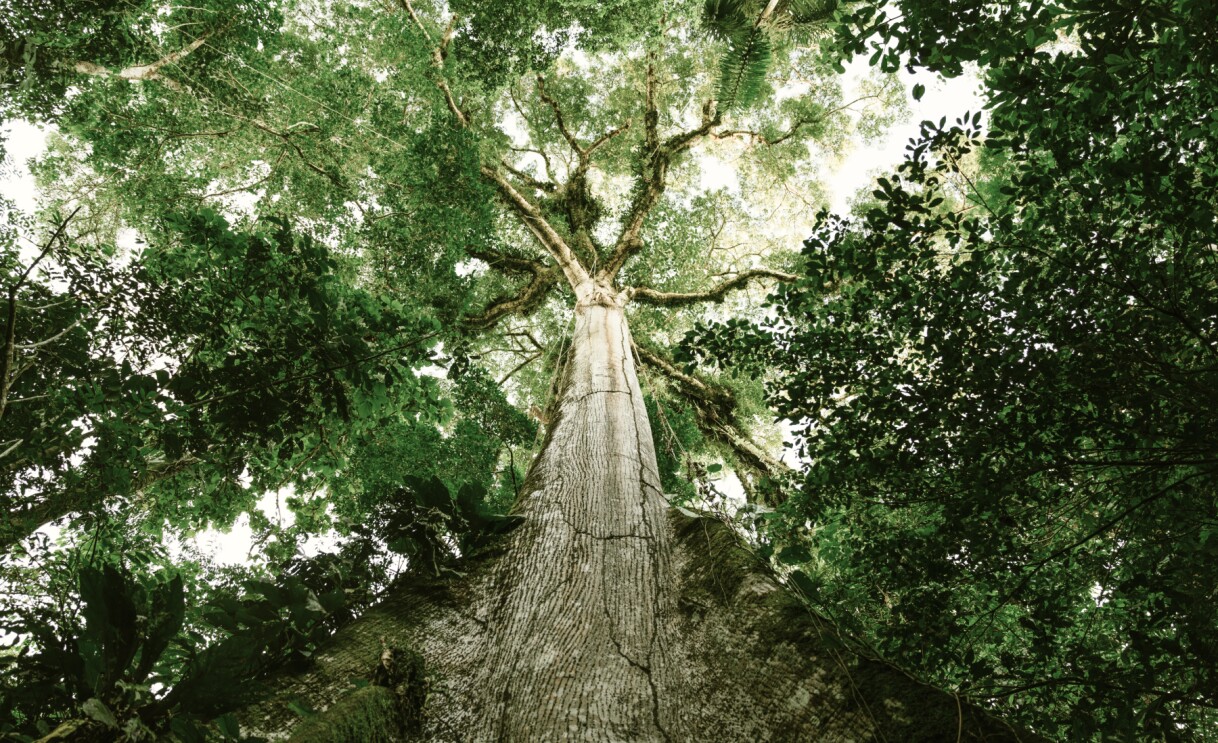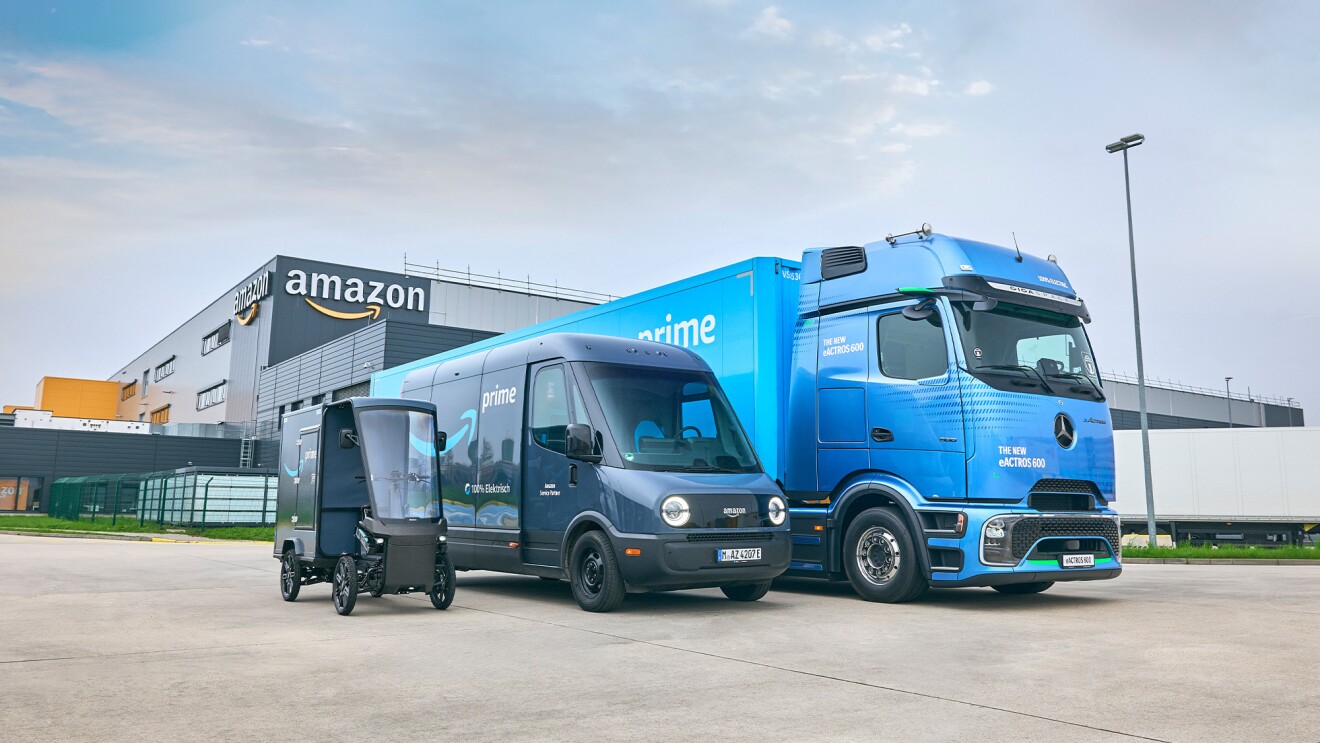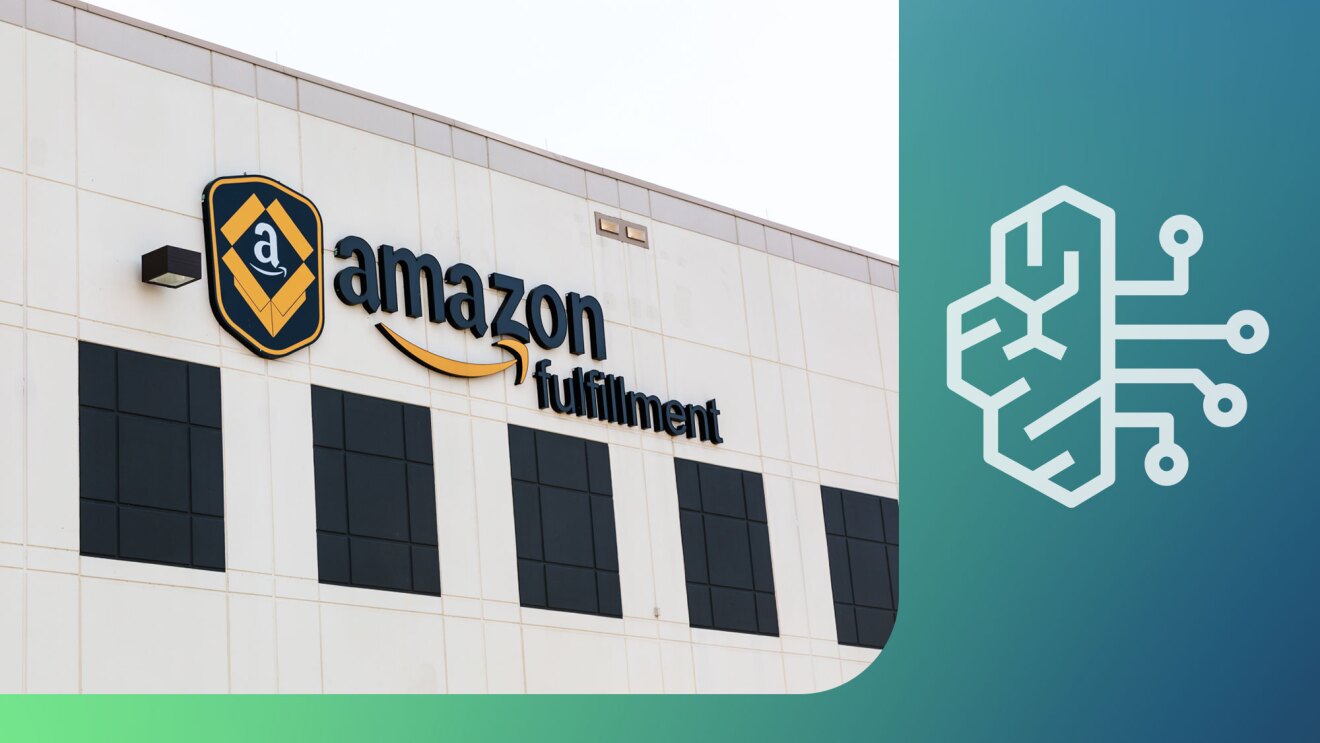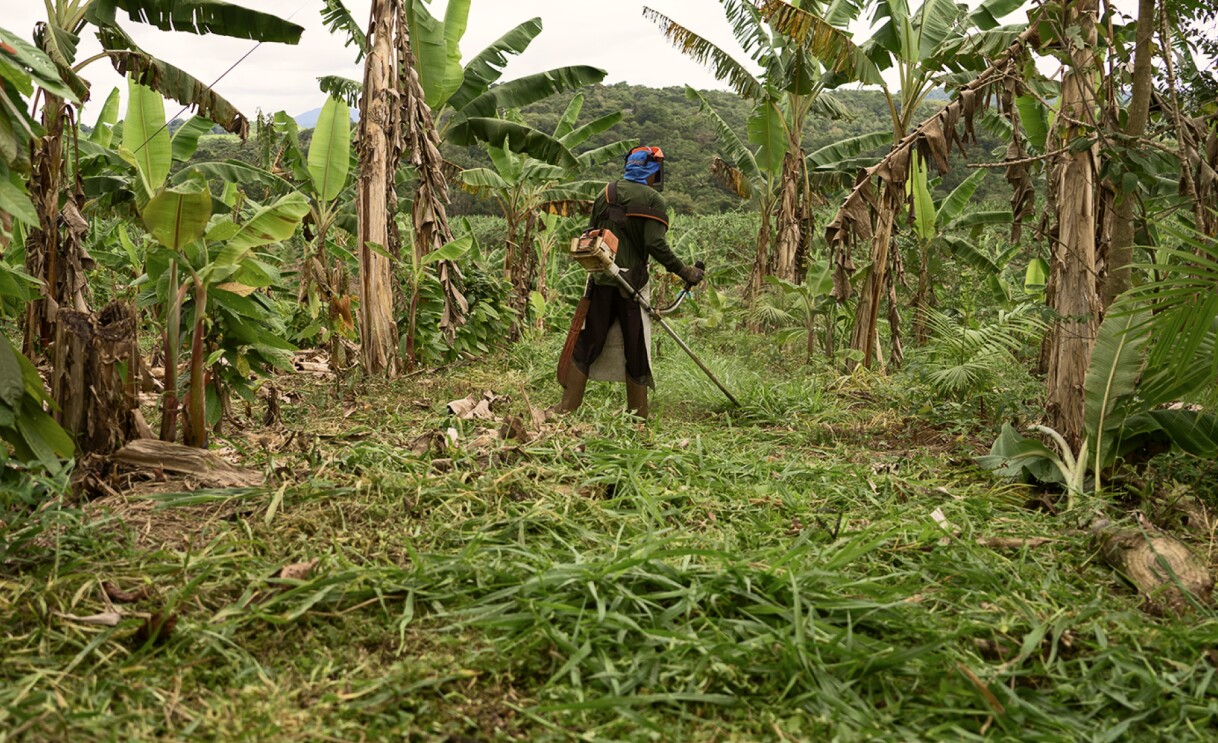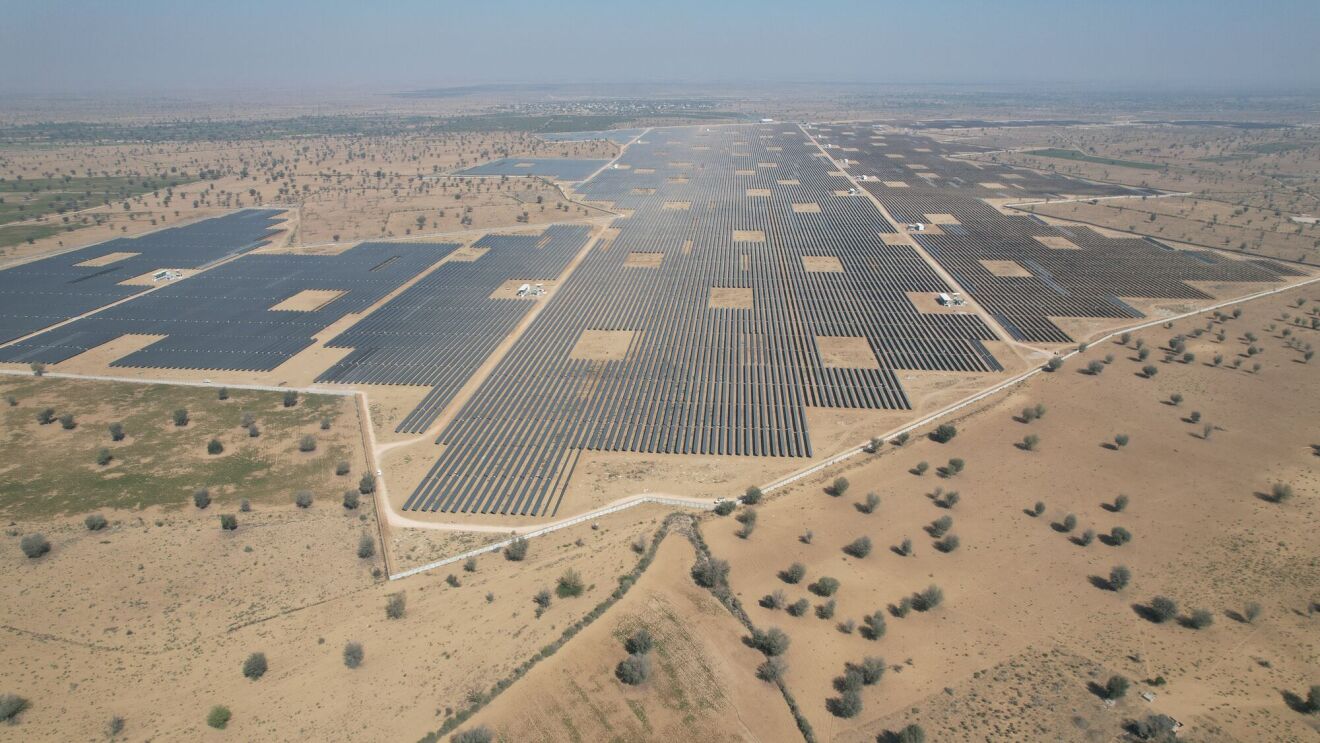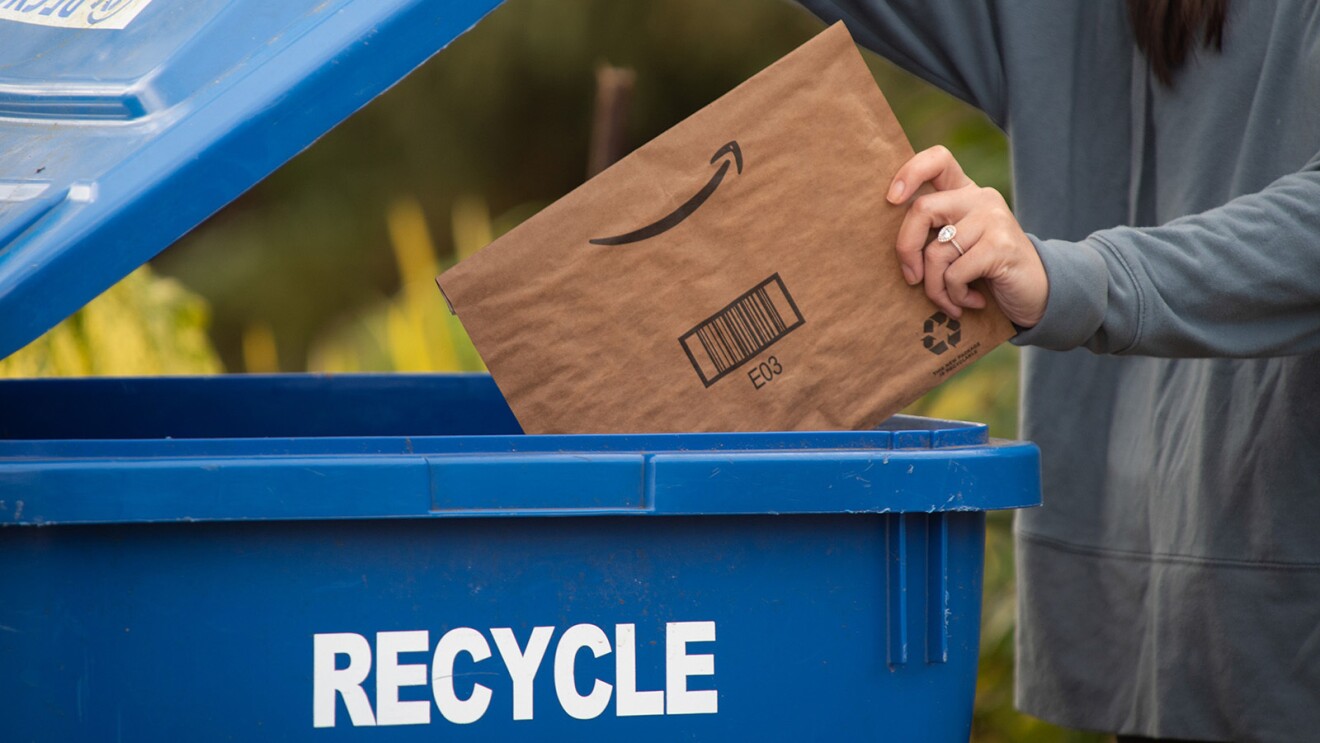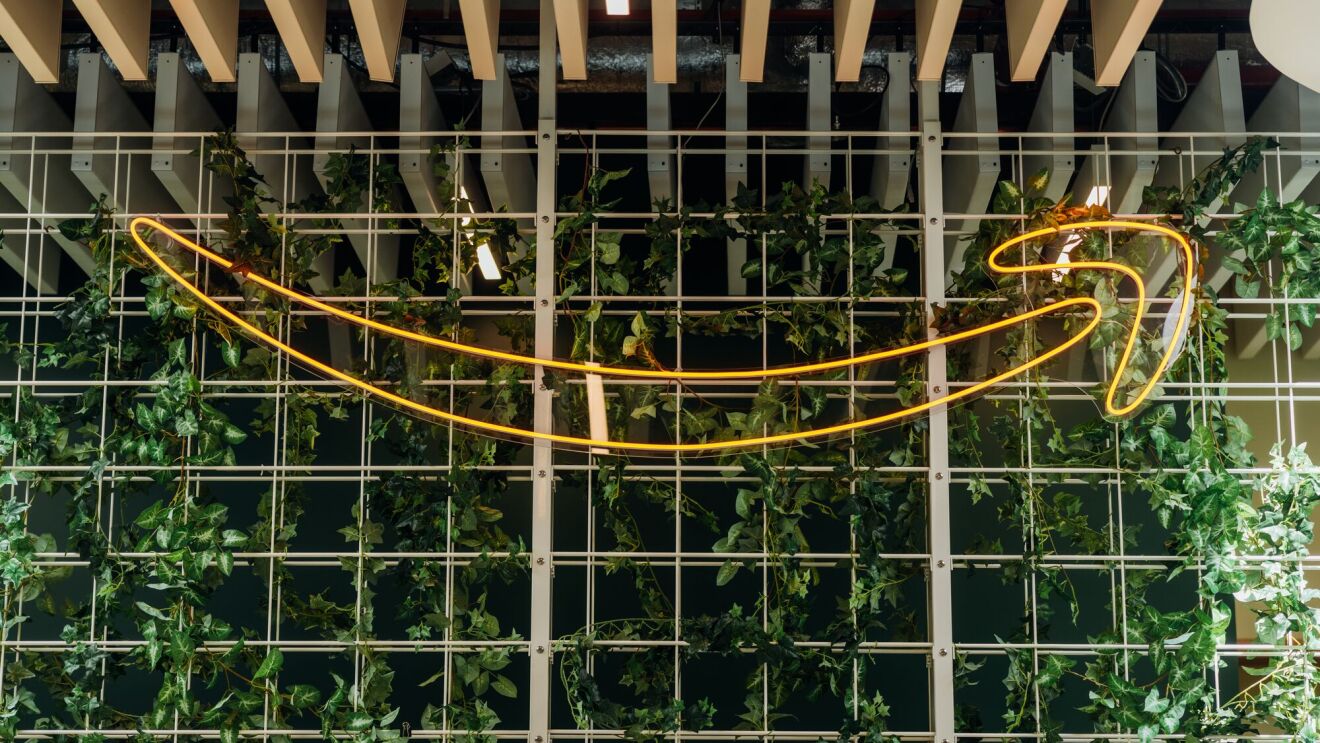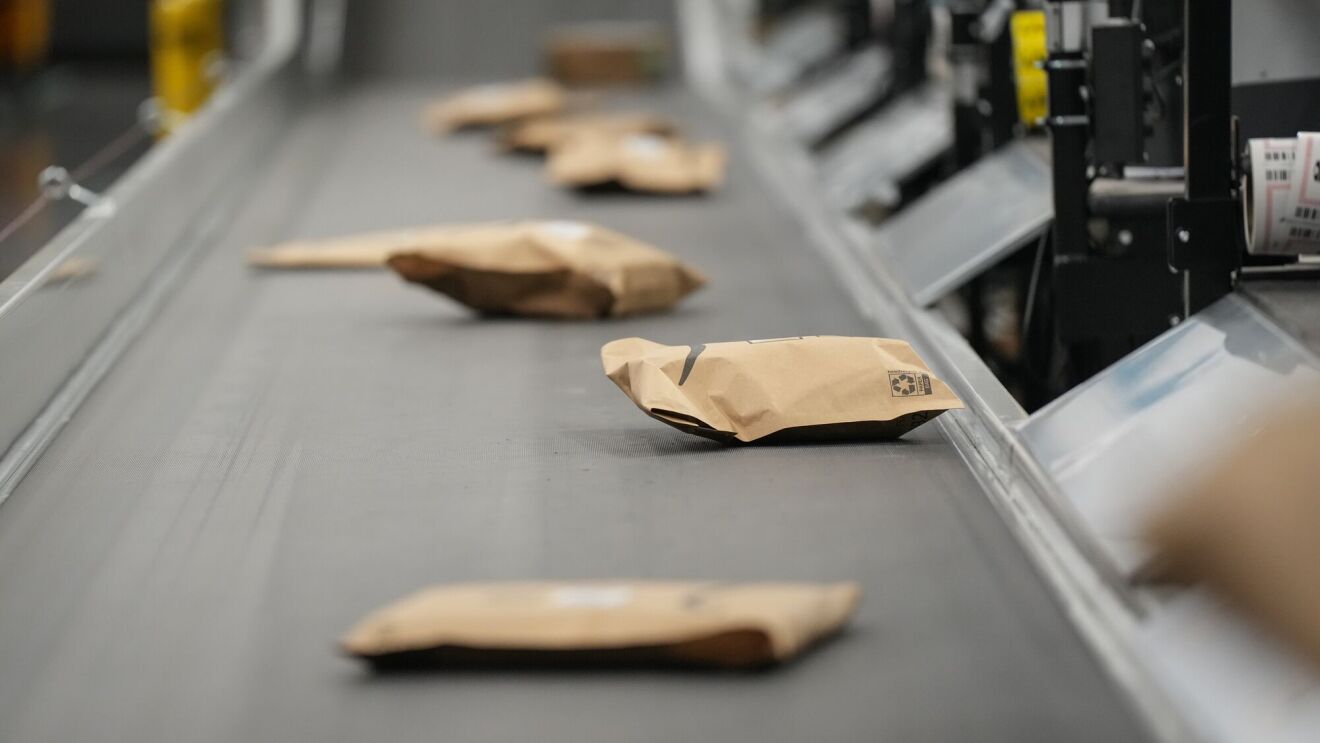Imagine a new technology that breaks down existing plastic materials to create a new, innovative type of material. This new material could then be broken down more easily when recycled—and even biodegrade in natural environments.
That scenario does not have to be imaginary. In fact, the mission of the BOTTLE consortium—a key research initiative under the U.S. Department of Energy (DOE), launched in 2020—is to bring these new technologies and materials to life. BOTTLE stands for “Bio-Optimized Technologies to keep Thermoplastics out of Landfills and the Environment." The consortium, led by the National Renewable Energy Laboratory (NREL), was created to spur innovation and advance new technologies to address plastic pollution by bringing together cutting edge talent and capabilities from both the public and private sectors.
Amazon has joined the DOE-backed project to help further its progress in developing chemical upcycling. The research collaboration is a way of handling today’s plastics and ensuring tomorrow’s plastics are recyclable by design.
“Plastics are extremely versatile materials, and often they are still the best option available for a myriad of functions,” said Gregg Beckham, BOTTLE’s CEO and a senior research fellow at the NREL. “Finding a way to better recycle single-use plastics while reducing and ultimately eliminating their use is a grand challenge of our time, and we’re committed to pursuing scientific advancement to this end. With Amazon’s innovation expertise, we’re excited to work together to find solutions that have the potential to have vast, positive impacts.”
As part of the consortium, Amazon’s growing team of materials scientists and experts hopes to develop technologies and materials that will enable the full life cycle of plastics to be net-zero carbon. Amazon’s team will work with the consortium to create new energy-efficient technology that will break down different kinds of plastics and turn them into valuable materials that can be used to make the same types of plastics or new plastics. In cases where the materials don’t make it back into the recycling stream, the molecular structure of the new materials will be designed to biodegrade in natural environments.
This research is another step in Amazon’s efforts to eliminate or reduce packaging waste. As of 2021, Amazon had reduced the outbound weight of packaging per shipment by 36%, a total of one million tons, while increasing the use of recyclable materials.
The BOTTLE consortium is currently supported by the Bioenergy Technologies Office and the Advanced Manufacturing Office, both within DOE’s Office of Energy Efficiency and Renewable Energy. Its partners include four additional DOE research laboratories and five universities.
“In partnership with BOTTLE, we plan to make significant progress in developing new technologies and materials that will lead to less material in landfills and more back into the circular economy,” said Alan Jacobsen, principal materials scientist at Amazon. “Science and innovation are at the heart of our sustainability work at Amazon, and we’re committed to using our size and scale to reduce and eliminate our use of materials and find new ones that can be applied to our operations and other industries around the world.”
Learn more about the science behind Amazon’s work with the BOTTLE consortium and Amazon’s sustainable packaging efforts.
Trending news and stories
- How Amazon proved its new delivery drone is safe for takeoff
- What is Amazon Pet Day? 48 hours of dedicated pet deals May 13-14
- What to know about grant applications for the Amazon Literary Partnership—and how to apply
- Amazon Pet Day 2025 is coming May 13-14 with 48 hours of deals on pet products and supplies



